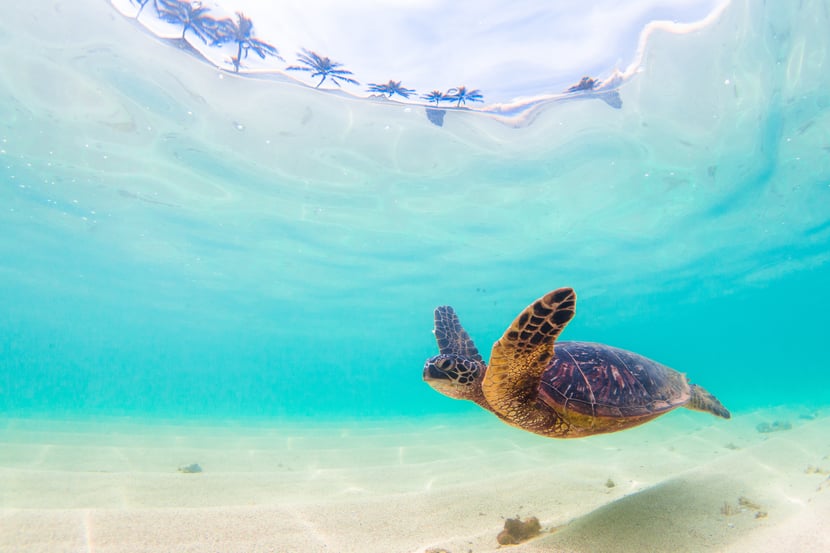Many American travelers are eager to travel Cuba now that the U.S. has eased up on their restrictions (you can read more on that here). While this could potentially provide much needed economic growth for the country and its tourism industry, there are concerns as to how the flood of travel will affect the previously unscathed local environment and ecosystems.

According to Dr. Angulo in the NY Times, a senior marine scientist at the University of Havana, "Like anywhere else, money talks," Dr. Angula said. "That might be dangerous, because if we go too much on that side, we lose what we have today."
Cuba has one of the largest, unspoiled reef habitats in the world. It hosts many ecosystems and apex predators that are vital to oceanic life and ecosystems.
An increase in travel to the coasts of Cuba will pose safety issues to the environment. Pollution will inevitably rise, and there is concern as to whether or not the reefs will stay in pristine condition.
It seems as though the only way to ensure Cuba's natural habitat's safety, is to play a conscious role in implementing ecotourism strategies. Tour operators should take steps towards minimizing their physical impact on the environment with the resources they use while also educating their travelers on environmental awareness and respect.
Another option is for tour operators in the industry to provide direct financial benefits for conservation. They can donate a certain amount of their proceeds to a cause such as reef conservation in Cuba.
Safe travel does not just stop at managing your own risks. Safe travel means you consider your impact on the lands you travel to.
Marine life is both beautiful and sensitive. By taking steps towards preserving Cuba's environment, you are actively participating in safe travel, and we always recommend for you to travel safe.